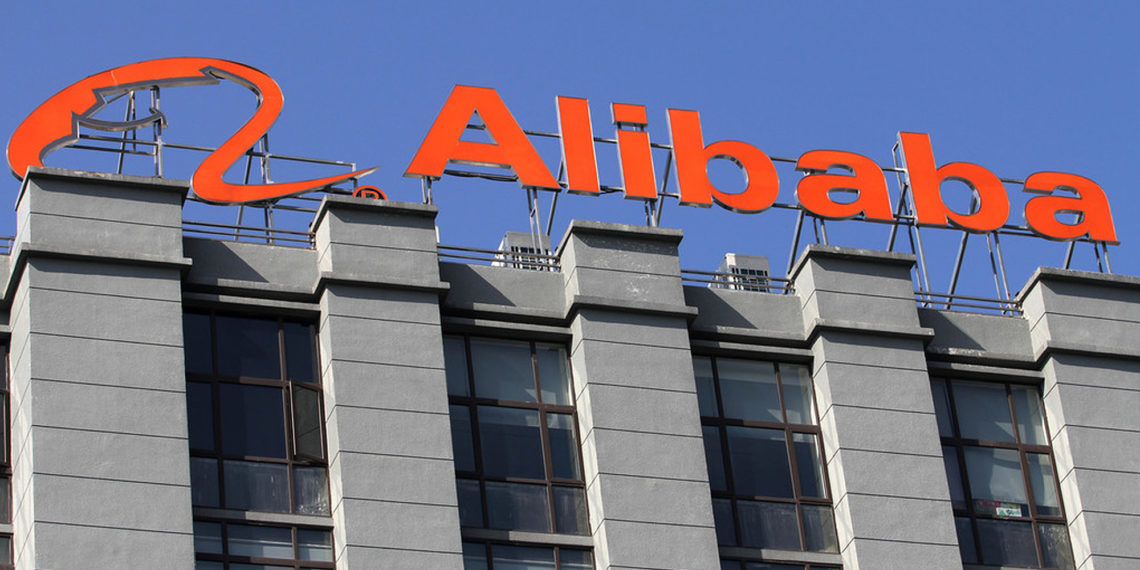Chinese regulators have hit e-commerce company, Alibaba with a fine of 18.2bn yuan (US$2.78bn) over practices deemed to be an abuse of its dominant market position.
Officials say China’s State Administration for Market Regulation (SAMR) had assessed the fine;after concluding an investigation into Alibaba that began in December.
The investigation and fine centered on Alibaba’s alleged practice of requiring its member merchants to sell exclusively on its platforms. The size of the penalty was determined after regulators decided;to fine Alibaba to the value of 4% of its 2019 sales.
Alibaba and other leading Chinese tech companies have come under pressure amid growing concern;over their influence in China on the lives of consumers. Alibaba, in particular, has been under scrutiny since October 2020.
Its co-founder, Jack Ma, criticized;Chinese regulators of being behind the times, after the regulators expressed;growing concern over the push into loans, wealth management and insurance by Alibaba’s financial arm, Ant Group.

SAMR announced;in December 2020 that they were looking into possible anti-competitive tactics by;Alibaba including a policy dubbed “choose one of two”. This policy requires business partners to avoid dealing with the company’s competitors.
Also in December, regulators noted;that executives of Alibaba, its main competitor, JD.com, and four other internet companies were summoned to a meeting and warned not to use their market dominance to keep out new competitors.
That came after authorities halted a planned $37bn IPO from Ant Group, Alibaba’s internet finance arm. The government then issued anti-monopoly guidelines in February aimed at preventing anti-competitive practices such as exclusive agreements with merchants and use of subsidies to squeeze out competitors.
The following month, 12 companies including Tencent Holdings, which operates WeChat,;were;fined;$77,000 each on charges of failing to disclose previous acquisitions and other deals.
‘Closure of anti-monopoly in China’s Market’
Announcing the fine, the SAMR also ordered Alibaba to make “thorough rectifications” to strengthen internal compliance and protect consumer rights.
Alibaba noted in a statement posted on its official Weibo account that it “accepted” the decision and would resolutely implement SAMR’s rulings. The company added that it would also work to improve corporate compliance.
The Chinese e-commerce giant said it will hold a conference call on Monday to discuss the penalty decision.

Speaking to the SAMR’s decision, the head of research BOCOM International in Hong Kong, Hong Hao, called it the “highest-profile anti-monopoly case in China”.
“This penalty will be;viewed as a closure to the anti-monopoly case for now by the market. It’s indeed the highest-profile anti-monopoly case in China. Moreover come home
“The market has been anticipating some sort of penalty for some time. But people need to pay attention to the measures beyond the anti-monopoly investigation, such as the divestment of media assets.”
Alibaba, launched in 1999, operates retail, business-to-business and consumer-to-consumer platforms. It has expanded at a breakneck pace into financial services, film production and other fields. However, lets see
The company has come under fire in the past from rivals and sellers for allegedly forbidding its merchants from listing on other e-commerce platforms.
The practice of preventing merchants from listing on rival platforms is a longstanding one, and the regulator spelled out in rules issued in February that it was illegal.
Read also: NPA Digital System A Good Initiative- Duncan Amoah
In this paragraph, I’m going to discuss a few is important to mastering skills. Firstly, the only way a skill is by actually doing what you’ll. Secondly, I think practice can be a fun way of putting in the necessary hours. There are, however, some people who will disagree. Thirdly, and most importantly,























